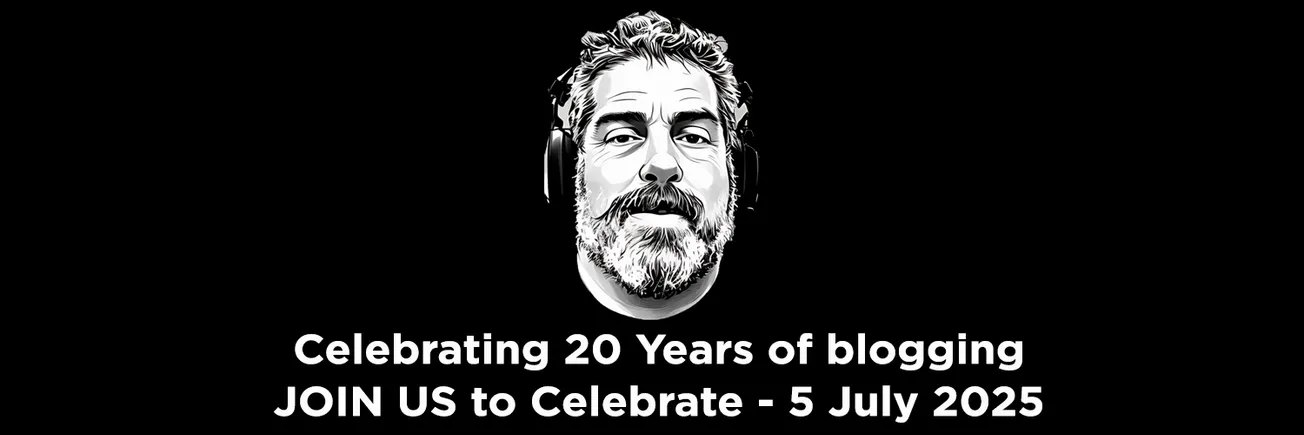Table of Contents
At The Daily Blog, Chris Trotter has dared say the un-sayable and point out that there’s a rather large, grey pachyderm in the corner of the room that everyone seems determined not to notice.
The elephant is, of course, immigration, and the sheer scale and speed of the demographic transformation being foisted on New Zealand almost entirely without any kind of electoral mandate – if any, in spite of popular opinion. By having the temerity to point out these basic facts and wondering if it will all end in tears, Trotter is lining himself up for the type of tarring and feathering as was meted out to Australian historian Geoffrey Blainey in the 80s.
Regardless of whether one views immigration as a good thing or a bad thing, there can be no disputing its dramatic impact on the demographic profile of New Zealand society. The official motivation behind the decision to transition this country away from ethnic homogeneity and towards a multicultural society may have been profoundly progressive, but its potential political consequences have always been, and continue to be, extremely dangerous.
Blainey was and is Australia’s pre-eminent historian. In 1984, Blainey noted that, at a time of high unemployment, the Australian government was ramping up its migration program, with migrants invariably settling in areas of existing high unemployment (a pattern that continues today). Blainey also noted that immigration was being ethnically weighted in a blatant drive to transform Australian society.
Few societies would be able to weather such unprecedented demographic stresses without massive social dislocation, Blainey argued. He blamed government and elites, besotted with “the cult of the immigrant”, rather than migrants themselves. Chris Trotter has similar concerns.
The sheer speed at which the character of New Zealand society has been transformed by this top-down demographic revolution was never sanctioned democratically. No politician or party ever asked the New Zealand electorate whether it was happy to see the size of its ethnic communities swell by a factor of 4. This absence of a democratic mandate not only lays the immigration “revolutionaries” open to bitter criticism, but also to outright political hostility and ideological rage.
Just how deep this political and ideological anger may run is a question many on the left of New Zealand politics would prefer to leave unanswered. They are not at all anxious to learn the scale of popular animosity towards immigrant communities. Hypothetically, what is the correct political response to a finding that upwards of two-thirds of “native” New Zealanders would prefer their government to revert to an immigration policy based upon preserving ethnic homogeneity?
Blainey found out the cost of daring to challenge right-on opinion on immigration. While Gallup polls showed that the majority of Australians supported him, his classes were attacked by left-wing protestors. He was shunned by his colleagues and deplatformed by his own university. Blainey and his family were forced into hiding.
To date, the answer appears to involve branding anyone suggesting such a course of action as racist and/or xenophobic. These are harsh rebukes. Few people are willing to risk being branded as either. Public accusations of racism and xenophobia are not something job applicants want a prospective employer discovering when their name is Googled. Such branding is particularly destructive of academic and political careers. This is important, since it turns those best equipped to contest New Zealand’s official immigration policies into the ones least likely to do so.
The Daily Blog
But, while Trotter rightly sees the intolerant sickness in the response from both sides to the debate, he is still unable to shed the fundamental conceit of the left: that it is a matter of “love” versus “hate”. The fundamental vanity of the left, as Jim Goad says, is that their “heads are so far up their own asses with the idea that they are unimpeachably good”.
Trotter should instead consider that at least some anti-immigration New Zealanders are indeed acting from love: love for what they have and who they are (or, increasingly, were). As Blainey himself argued, the “crimson thread of kinship” was being recklessly severed in favour of “converting Australia into a giant multicultural laboratory for the assumed benefit of the peoples of the world”.
Try making the same multicultural argument about any non-Western society. Imagine if China was flooded with 240 million white British in just 20 years. Imagine if, in less than two decades, 34 million white Americans moved to Nigeria.
Those are the scale of the change that has been imposed on New Zealand. Does anyone imagine for an instant that Chinese or Africans wouldn’t rightly defend their existing culture and society? Would the left call brown people worried that their societies are suddenly being white-washed “racist” and “haters”?






